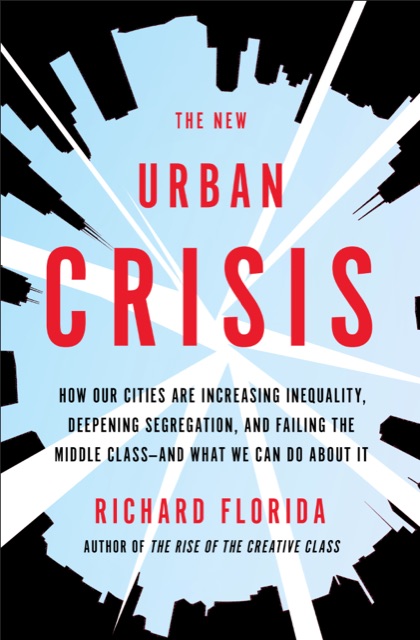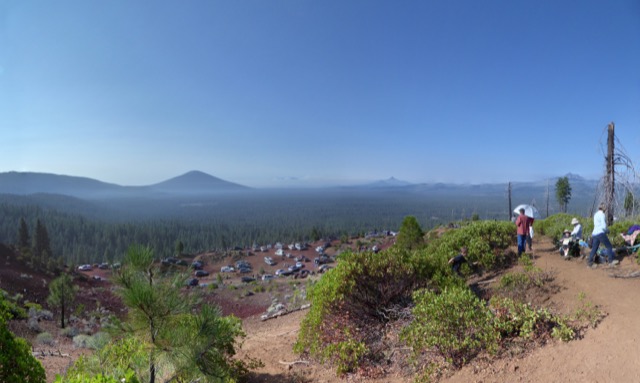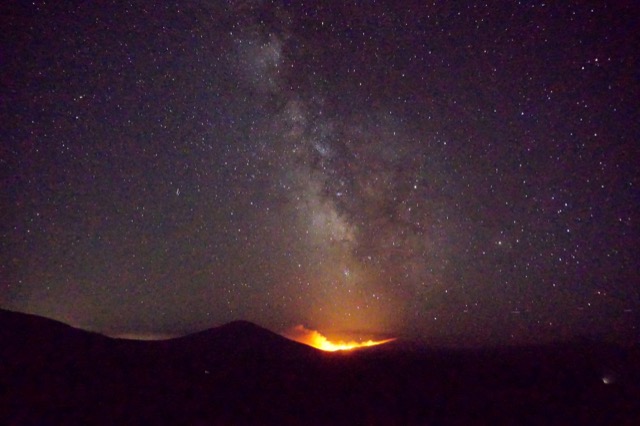Despite the fact that Los Angeles voters agreed to spend $120 billion on light rail and related transportation projects last November, the region’s transit agency, Metro, says it has a $280 million shortfall in extending its Gold light-rail line 12.4 miles to Montclair. Cap-and-trade to the rescue! Members of the state legislature representing the area have proposed to use cap-and-trade funds to fill the gap.
The cap-and-trade or emissions trading system allows people to spend money buying the right to emit greenhouse gases, and the state uses that money to do things that reduce greenhouse gas emissions. The result is a more efficient allocation of resources than if the state were to simply order everyone to reduce emissions by an arbitrary amount.
So spending cap-and-trade revenues on light rail would make sense if light rail reduces greenhouse gas emissions. But does it? According to page 4.9-33 of the supplemental environmental impact report for the project, the line would actually increase emissions. But that’s okay, says the report, because “the project would contribute less than 0.00001% to the GHG burden for the planet.” Continue reading










